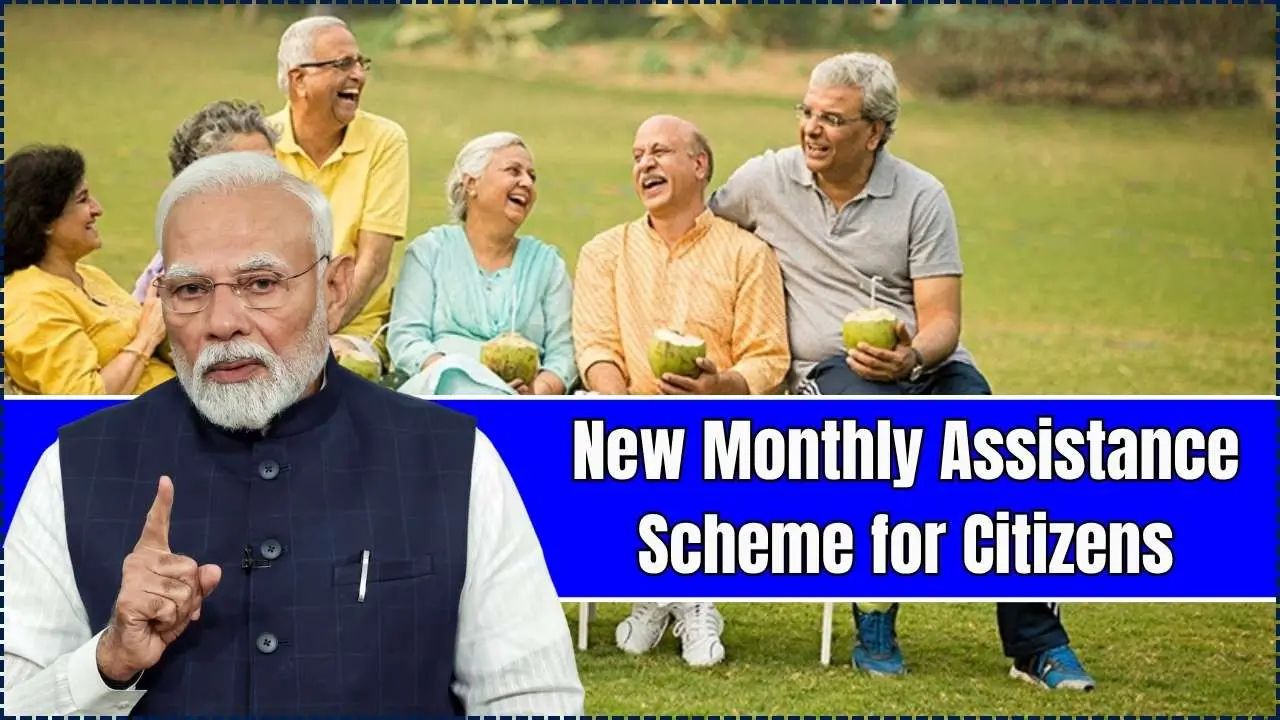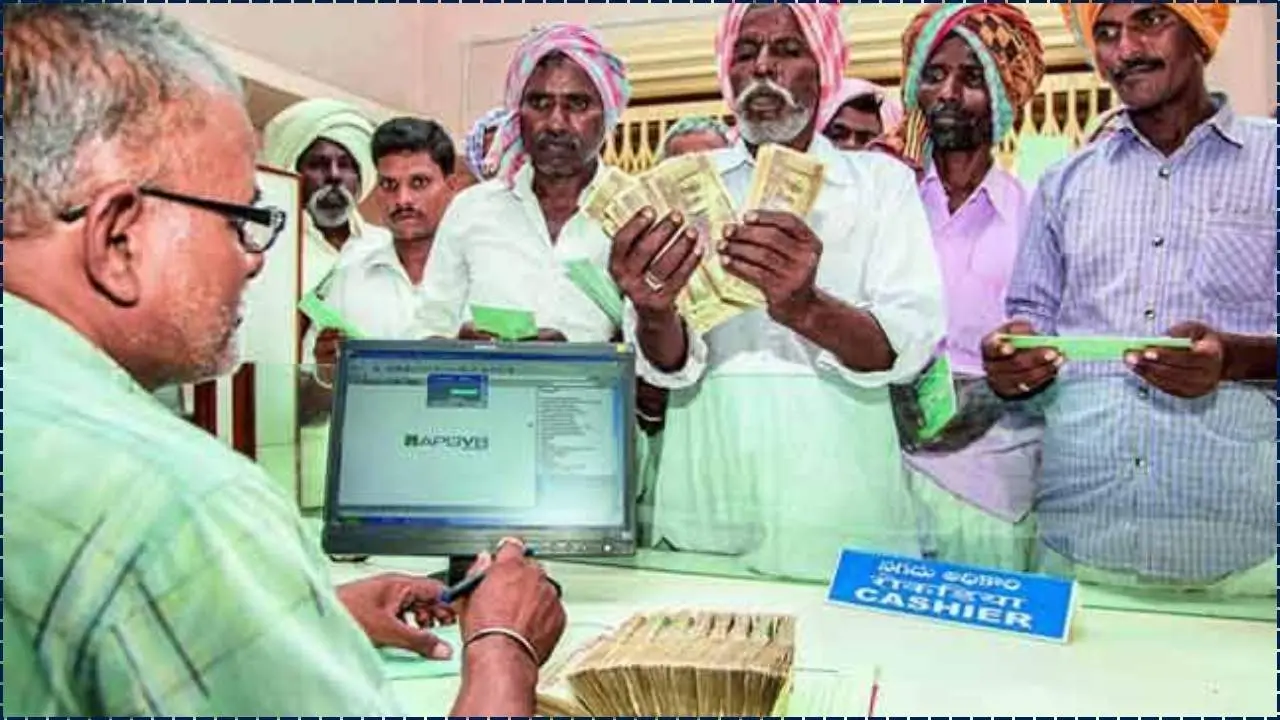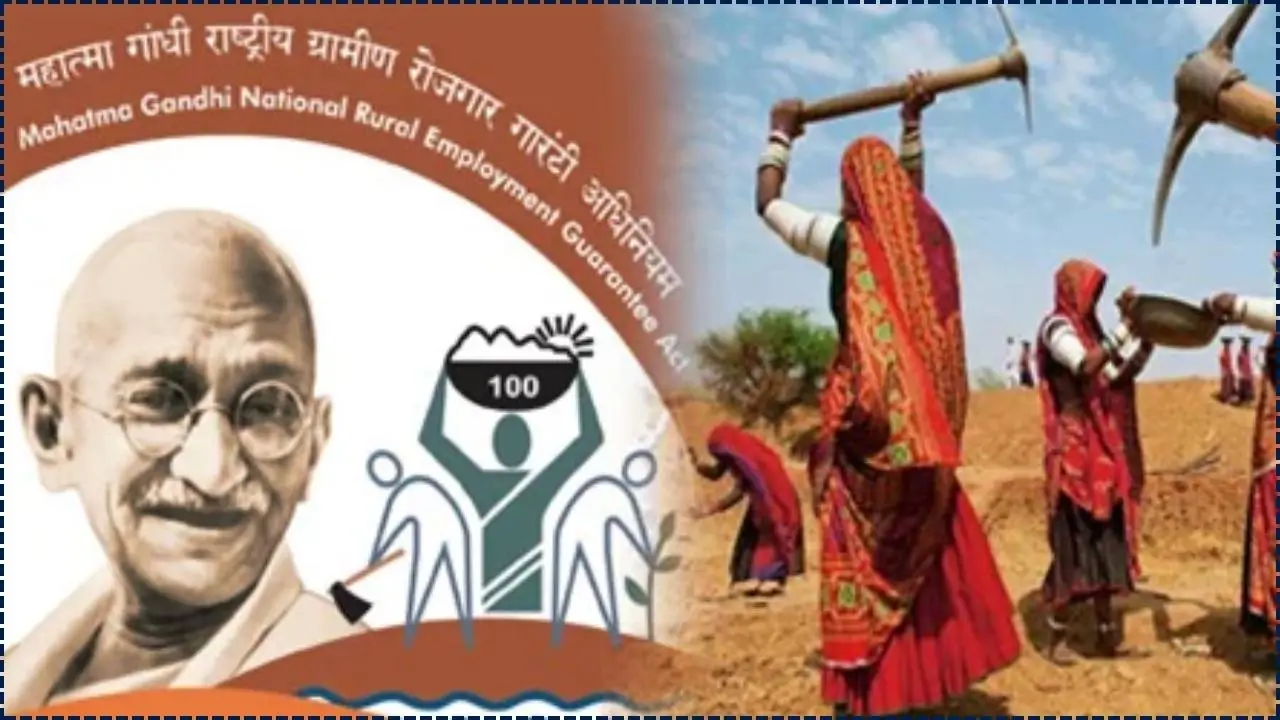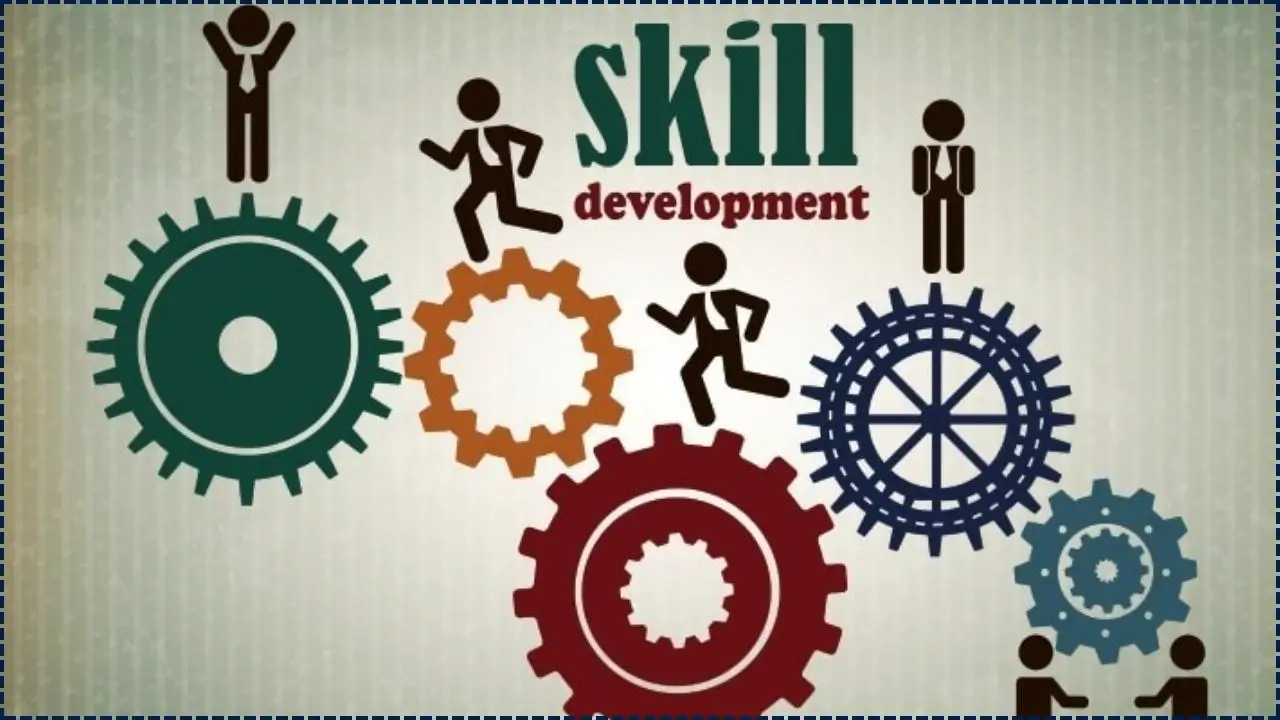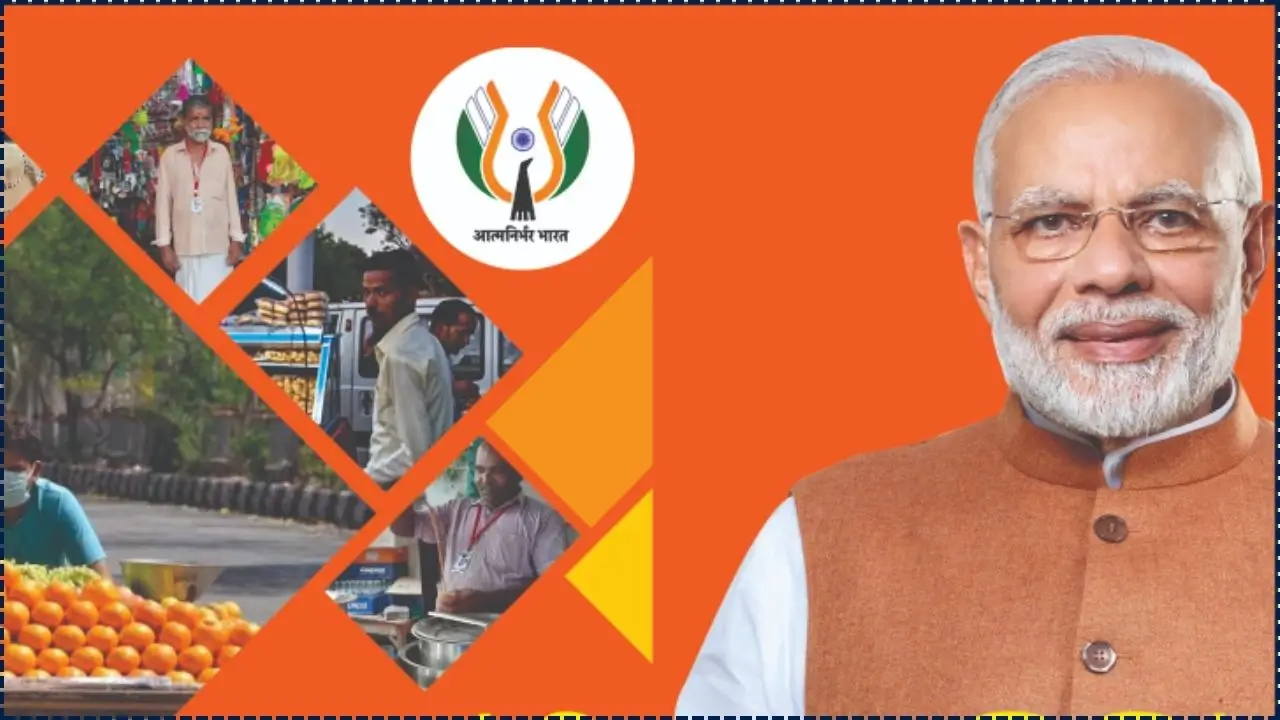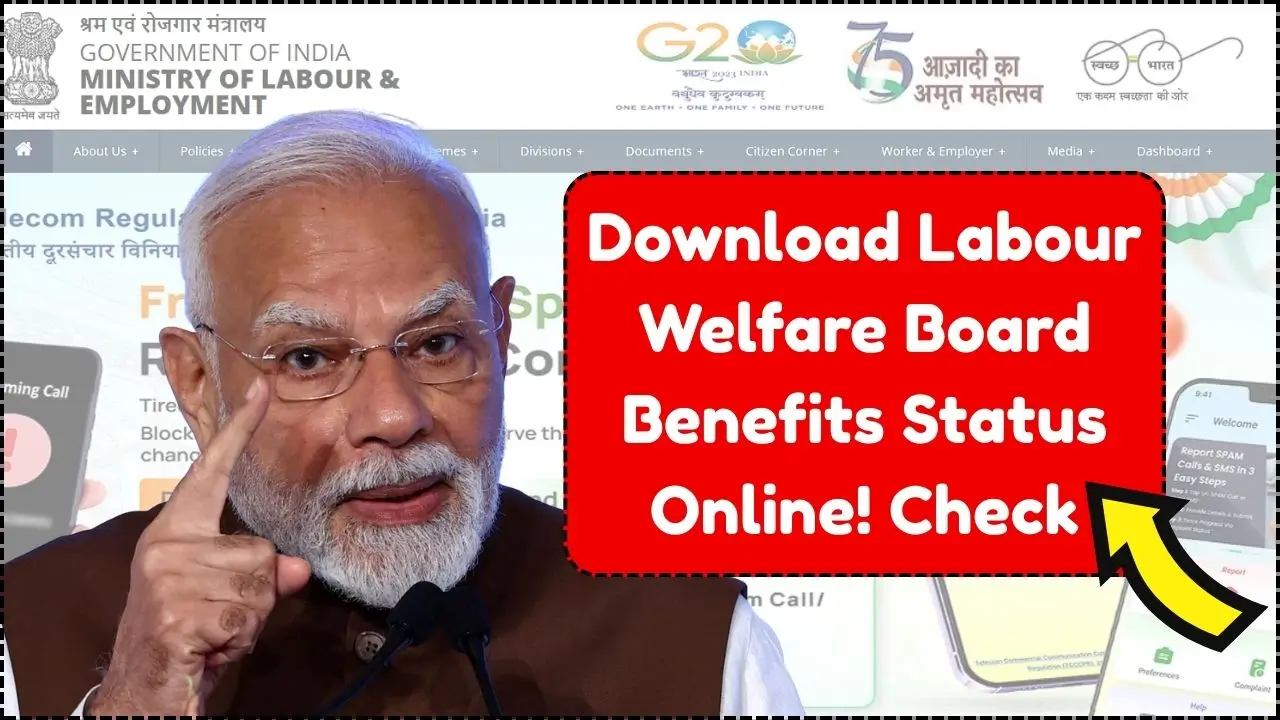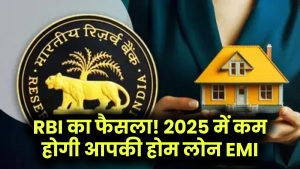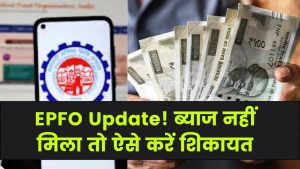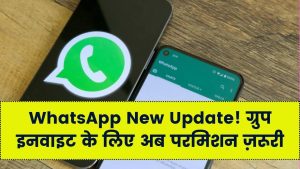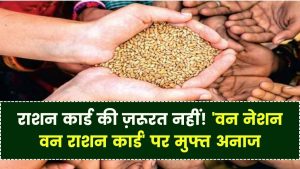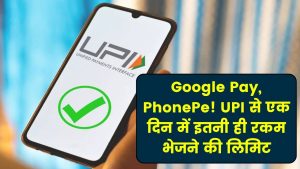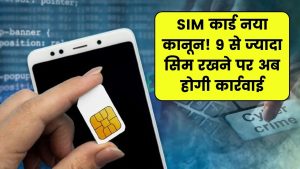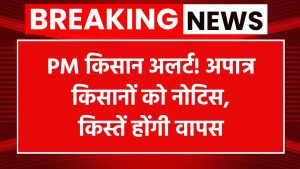The ability to download a driving licence online from DigiLocker in mere minutes reflects India’s heartfelt commitment to empowering citizens, particularly those in underserved communities, by providing swift, secure access to essential documents that enable mobility, opportunity, and independence with dignity.
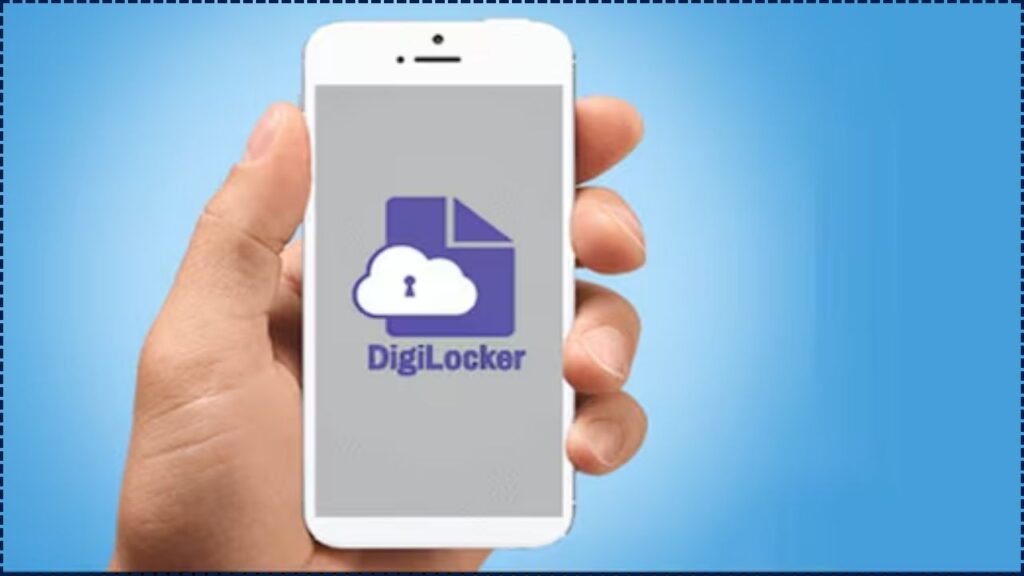
Through Aadhaar-linked verification and robust government-backed security, platforms like DigiLocker and Parivahan ensure convenience without compromising authenticity, fostering trust and inclusion in a digital ecosystem.
By encouraging citizens to utilize these platforms for legally valid digital licences, this initiative unites communities, authorities, and individuals in a shared mission to create an equitable, accessible system that streamlines daily life and nurtures hope for a connected, empowered future for all in India.
Citizens in India can now download their driving licence online from DigiLocker within minutes. The digital version, issued directly by the Ministry of Road Transport and Highways (MoRTH), is legally valid nationwide and can be used in place of the physical document during checks by traffic authorities.
Table of Contents
What Is DigiLocker?
DigiLocker is a cloud-based platform launched by the Ministry of Electronics and Information Technology (MeitY) to provide digital access to official documents. The service stores verified government-issued records such as Aadhaar, PAN cards, and driving licences.
According to MeitY, over 200 million users have registered with DigiLocker, reflecting the platform’s growing role in India’s digital governance framework.
Download Your Driving Licence Online
Register or Log In
Users must visit the official DigiLocker website or mobile app. Registration requires an Aadhaar-linked mobile number. An OTP is sent for verification, after which a six-digit security PIN is created.
Ensure Aadhaar Linkage
The account must be linked to Aadhaar to enable secure document retrieval. This linkage verifies the user’s identity before granting access to sensitive records.
Locate the Driving Licence Service
From the dashboard, select “Issued Documents” or “Browse Documents.” Search for “Driving Licence – Ministry of Road Transport and Highways.”
Enter Licence Details
Applicants must input their driving licence number, date of birth, and issuing state. The portal fetches the document directly from the MoRTH database.
Download and Save
The verified e-licence can be saved as a PDF or viewed anytime under “Issued Documents.” It includes a QR code and digital signature for authenticity.
Related Links
Mapping Development: An Analysis of Indian State Performance Using NDAP Data
How to Register to Vote Online for Indian Elections
Applying for a New Passport in India: A Complete Walkthrough
Legal Validity of the Digital Licence
The Ministry of Road Transport and Highways has confirmed that digital licences accessed via DigiLocker carry the same legal status as physical licences under the Motor Vehicles Act, 1988. Traffic police and enforcement authorities are required to accept them when shown on a mobile device.
“Digital documents on DigiLocker are legally at par with originals,” said a senior official from MoRTH, citing a 2018 notification that clarified the validity of electronic records.
Alternative Option: Parivahan Portal
Apart from DigiLocker, citizens can also download their electronic driving licence through the Parivahan Sewa portal, operated by MoRTH. This service allows users to log in with their state credentials, select “Driving Licence Related Services,” and generate a printable version of the licence.
Why Digital Access Matters
Experts highlight that digital services reduce paperwork, enhance accessibility, and minimise the risk of lost or damaged documents. Dr. Anupam Srivastava, a digital governance researcher at Delhi University, noted, “DigiLocker reflects India’s broader shift toward secure digital identity management. It enables citizens to carry verified records without dependence on physical copies.”
The push also aligns with the government’s Digital India initiative, which seeks to integrate technology into everyday governance and citizen services.

